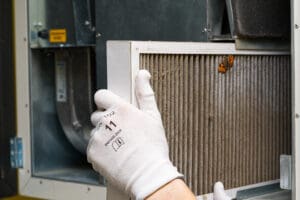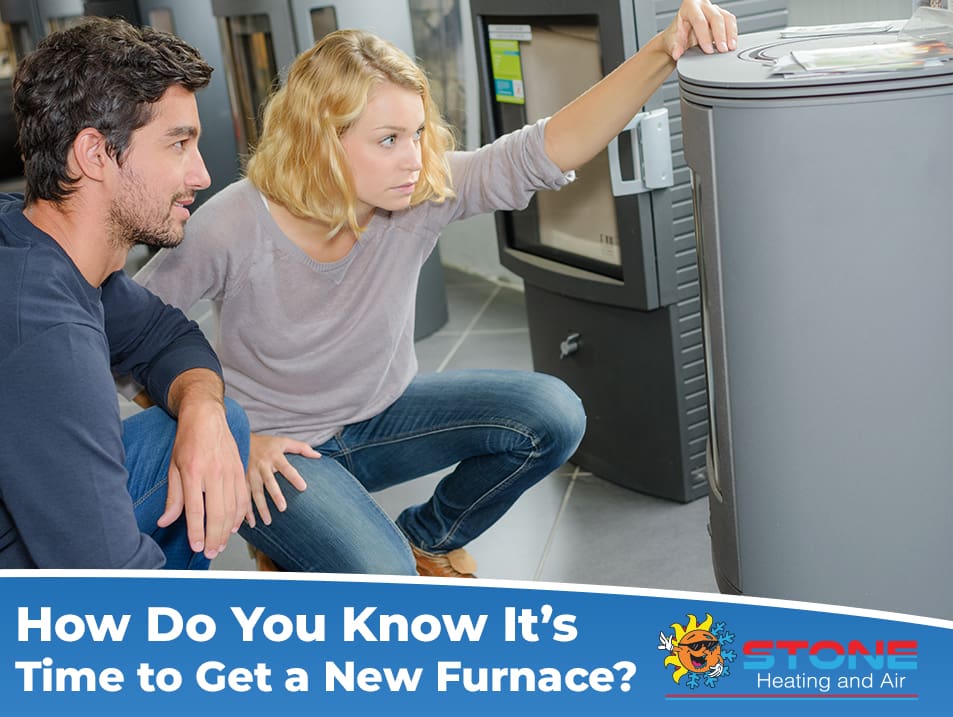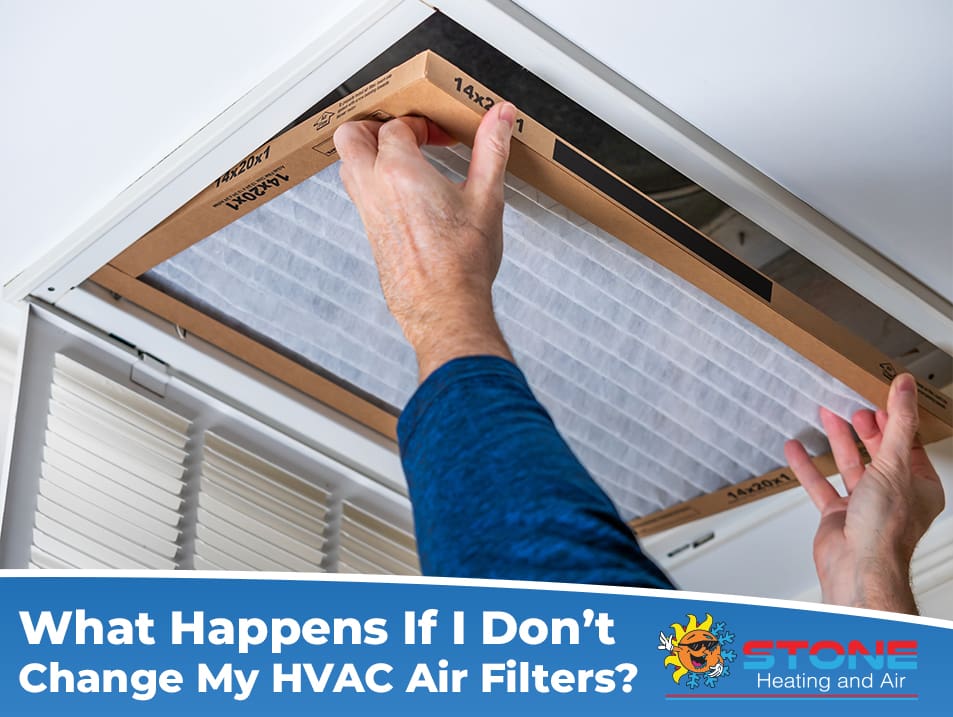How Important is it to Change the Air Filter in your HVAC System?
The heating, ventilation, and air conditioning (HVAC) system in your home is crucial for maintaining indoor comfort and air quality. One of the simplest yet most essential maintenance tasks for this system is regularly changing the air filters. Despite its simplicity, this task is often overlooked, leading to various issues that can affect both the efficiency of the HVAC system and the health of the household. Here are several reasons why it’s important to change the air filter regularly and the benefits of doing so brings to your home and family.
 Why You Need to Remember to Change the Air Filter Regularly:
Why You Need to Remember to Change the Air Filter Regularly:
1. Improved Indoor Air Quality
Air filters are critical in trapping dust, pollen, pet dander, and other airborne particles. Over time, these contaminants accumulate in the filter, reducing its effectiveness. A dirty air filter can no longer capture new particles, allowing them to circulate through your home. This can exacerbate allergies and respiratory conditions, especially in vulnerable individuals like children, older individuals, and those with asthma or allergies. Regularly changing the air filter ensures that the air circulating in your home is cleaner and healthier.
2. Enhanced HVAC System Efficiency
An HVAC system with a clean air filter operates more efficiently. When the filter is clogged with dirt and debris, it restricts airflow, forcing the system to work harder to maintain the desired temperature. This increased workload can lead to higher energy consumption, driving up your utility bills. Moreover, an overworked HVAC system is more prone to breakdowns and may have a shorter lifespan. Regularly replacing the air filter helps maintain optimal airflow, ensuring the system runs smoothly and efficiently.
3. Extended System Longevity
Regular maintenance, including changing the air filter, can significantly extend the life of your HVAC system. A clogged filter causes the system to overheat and wear out faster due to the strain on its components. Keeping the filter clean reduces the risk of damage to critical parts like the blower motor and compressor. This preventative measure can save you from costly repairs or prematurely replacing the entire system.
4. Energy Savings
Energy efficiency is a major concern for homeowners, not just for cost savings but also for environmental reasons. A dirty air filter forces the HVAC system to consume more energy to function properly. According to the U.S. Department of Energy, replacing a clogged filter with a clean one can lower your air conditioner’s energy consumption by 5% to 15%. Regularly changing the air filter is a simple step you can take to make your home more energy-efficient, reducing your carbon footprint and utility costs.
5. Preventing System Failures
HVAC system failures often occur at the most inconvenient times, such as during extreme weather conditions when the system is under the most stress. A significant cause of these failures is a neglected air filter. The reduced airflow caused by a dirty filter can lead to overheating and the freezing of the evaporator coil, among other issues. These problems can result in costly emergency repairs and discomfort for your household. Routine filter changes help prevent such failures by ensuring the system can operate without unnecessary strain.
6. Maintaining Comfortable Indoor Temperatures
Consistent indoor temperatures are a key factor in home comfort. A clogged air filter can disrupt the balance of airflow in your HVAC system, leading to uneven heating or cooling throughout your home. Some rooms may become too hot or cold, while others remain at the desired temperature. Regularly changing the air filter helps maintain even airflow distribution, ensuring that all areas of your home remain comfortable.
7. Reducing HVAC System Noise
An overworked HVAC system with a clogged air filter can become noisy. The increased effort required to push air through a dirty filter can cause the system to make unusual sounds, such as rattling or whistling. These noises can be both annoying and indicative of underlying issues. By keeping the air filter clean, you can reduce the operational noise of your HVAC system, making your home a more pleasant environment.
How Often Should You Change the Air Filter?
The frequency of changing your air filter depends on several factors, including the type of filter, the number of pets in your home, the level of air pollution in your area, and whether anyone in the household has allergies or respiratory conditions. Generally, checking your air filter every month and replacing it at least every three months is recommended. However, more frequent changes may be necessary during peak usage times, such as summer and winter.
Stone Heating and Air Makes it Easy with our Stone Comfort Membership Club.
Regularly changing the air filter in your home’s HVAC system is a simple yet crucial maintenance task that brings numerous benefits. It improves indoor air quality, enhances system efficiency, extends the life of your HVAC system, saves energy, prevents costly failures, maintains comfortable temperatures, and reduces system noise. Staying on top of this task ensures a healthier, more comfortable, and cost-effective home environment.
Stone Heating and Air makes maintaining your HVAC simple as easy as signing up for our Stone Comfort Membership Club. Along with regular maintenance and priority scheduling, our membership includes the filters your system requires for proper operation. We know investing a small amount of time and money in regular air filter changes can lead to significant long-term savings and peace of mind. Learn more about the Stone Comfort Membership Club on our website. Your comfort is our priority.
Category: Air Filters
Request An Appointment
Related Content



 Why You Need to Remember to Change the Air Filter Regularly:
Why You Need to Remember to Change the Air Filter Regularly:
